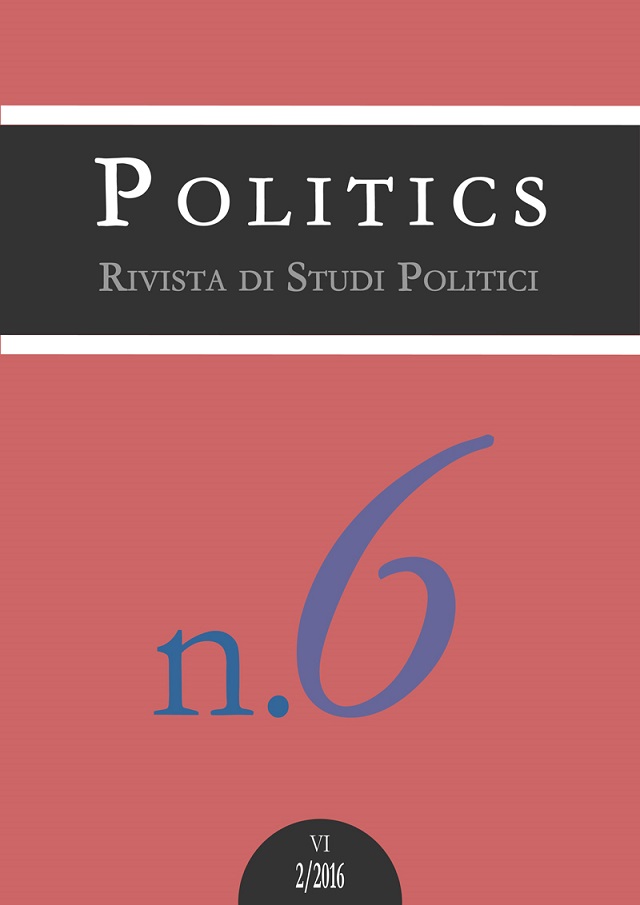Il sentimento come categoria politica: una lettura critica della teoria dell’agire comunicativo di J. Habermas
Abstract
The paper analyses Habermas’ concept of dramatic action (dramaturgisches Handeln) and its political meaning. In Theory of Communicative Actions Habermas supposes dramatic actions are not communicative, first of all because in this case the artist or the actor would not say the truth about his subjective world and for this reason, these actions are closer to strategic actions; secondly because sentimental communication is not as rational as dialogue and discourse.
This paper aims to demonstrate that dramatic actions could be communicative and improve Intersubjectivity, unlike what Habermas maintains with reference to Arendt’s communicative concept of Power and to Lyotard’s connection to Sentiment and Silence. Trying to develop a definition of sentiments in politics beyond populism, the paper aims to introduce another description of communicative actions in order to acknowledge Sentiments as an important
element for democracy, because these actions can encourage tolerance and respect for diversity.
Downloads
Copyright (c) 2017 Valentina Dafne De Vita

This work is licensed under a Creative Commons Attribution-NonCommercial-ShareAlike 4.0 International License.
In conformità col Public Knowledge Project, la rivista accoglie l'uso di una licenza CREATIVE COMMONS license CC Attribuzione - Non commerciale - Condividi allo stesso modo 4.0
http://creativecommons.org/licenses/by-nc-sa/4.0

